

![]()
Once again, the goddess vanished, leaving Psyche alone in turmoil. Would these tests ever end? Was this some kind of game of torture that Aphrodite would play until old age sapped Psyche’s strength and wits? Just thinking about it made her jaw clench almost as tightly as her fists, and she nearly gave in to the urge to tear out her hair.
“I am worthy!” shouted Psyche, unable to stop the words from bursting forth. She lifted her gaze to the sky and whispered. “You will see.”
Still panting, she peered up at the mountain, assessing the difficulty of the task thusly. There was no path that led up to the waterfall. She would have to scale sheer rock walls; jamming her fingers into shallow cracks and gripping outcroppings with her toes. Provided she did not slip and fall to her death, what vessel did she have with which to carry her charge to Aphrodite?
Psyche closed her eyes and rubbed her throbbing temples. It seemed as though, of all the tasks she had been given, this might be the most impossible.
The sound of her husband’s laughter echoed through her aching head just then. The rich register of it rang in her ears, and it brought with it a fresh wave of resolve. She would do anything to hear him laugh again, to feel her cheeks flush from bringing her love such delight with her playful quips.
Psyche sprinted to the base of the mountain and began to climb. She grunted like a wild boar each time she pulled herself up, panting like worn out prey when she stopped to gather strength for the next round of her ascent.
The higher she climbed, the fiercer and colder the wind became, punishing her with her own long strands of hair by whipping them in her face. Her fingers went numb, her toes already bleeding from scraping against the sharp edges of rock.
Many hours later, Psyche sighed with exhaustion as she crawled onto a small plateau to rest. She looked down over the edge, then quickly flung herself backward, clinging to the mountain so she wouldn’t accidentally go tumbling over. It felt like she had been climbing for days. In reality, she discovered, she had ascended no more than a few hundred feet. A fall from this height would surely kill her, but there was still so much farther to go.
She craned her neck upward to survey the distance. The mist from the waterfall continued to dampen her clothes, which were nothing more than filthy and torn rags, without sympathy. Psyche dropped her head, contemplating whether or not to curl in on herself for warmth and rest before resuming. Several drops left small, dark circles on the rocks near her feet. Whether they were from her dripping hair or weeping eyes, she couldn’t find the energy to care.
“Eros, oh, my heart,” said Psyche, praying aloud even though the wind stole the sound. “I fear we shall never meet again, for this may be a test I cannot pass. So, I must tell you now that which I cannot say to your divine being in person. I am sorry, with all my heart, and I beg for your forgiveness. If you cannot, then I hope one day you will at least remember the tenderness of our love, the trueness. I will forever and always—”
An eagle’s cry pierced through the wind.
Psyche clung to the rocky wall as she watched the enormous bird circle in the sky above her. She twisted her body, hugging her side to the rock when the eagle dove at her, a gust of wind tousling her hair as it flew past her with great speed. With that flinching movement, something within her satchel pressed into her ribs. Confused, she pulled the bag from her side to examine its sudden and mysterious contents.
A jar, with a stopper to keep whatever it held from spilling out, and two coins the likes of which she had never seen.
The eagle cried again, louder this time, before doubling back and heading straight for her. Psyche shrank in terror when it landed a scant few feet from her, keeping its wings spread for balance in the treacherous wind.
This was no ordinary eagle, that was plain. It was larger, much larger, and shone like the finest of precious metals, as if dipped into molten gold.
The eagle of Zeus.
Holding out a razor-nailed talon, the golden bird screamed again. Terrified and trembling, Psyche crouched before the enormous creature. Had Zeus heard her instead of Eros, growing weary of her futile attempts at a reunion and sending this divine symbol of his power to put her out of her misery?
The eagle unleashed another call, then suddenly took flight. It soared over to the waterfall then, diving low, it flew along the edge, dragging a talon along the black water to send up a foaming white spray.
Understanding caused Psyche jump to her feet, despite the danger the quick and sudden motion presented. She wrenched open the satchel, pulling out the water jar and removing the stopper before carefully setting the jar at the edge of the plateau. Gratitude filled her heart once more, welling then bubbling out of her in the form of laughter when the golden eagle swooped down to snatch it.
Psyche watched as it clutched the jar in one great talon and flew to the waterfall without haste. It dipped the jar into the black water, and Psyche reached out her hands to catch the jar when the eagle flew low and dropped it. The jar landed in her waiting hands, only a little of the water sloshing out, and she immediately secured it so no more would spill.
The eagle’s massive wings lifted it higher into the sky, and Psyche looked on in awe as it passed through the clouds and disappeared into the heavens that lay beyond. Glad for her luck, Psyche placed the jar inside the satchel and went to make her way back down the mountain when there came a voice.
“It seems as though you have not only drawn the attention of mortals but have curried the favor of gods. Patience, strength, cunning… You have passed every test I have set before you. But not without pity from the highest among us, Zeus himself, a matter of fact I cannot control. And, so, I must acquiesce.”
Psyche drew in a sharp breath. Finally, she would know how to reach Eros, her friend, her lover… her husband.
“I will speak to my son on your behalf, vouching for your sincerity and urging him to return to you.” The goddess appeared, floating larger than life in the air before Psyche, with shining waves of hair rippling languidly despite the harsh mountain winds.
“But first, you must do one last thing for me. These tests have left me feeling rather drained and dull. I must be refreshed, and who better to help the goddess of beauty than one who has proven herself so worthy? Replace the water in your jar with a beauty elixir made from the dew of spring flowers, a remedy for my ailment only the queen of the Underworld can provide.”
“The Underworld?” asked Psyche, incredulous. “No mortal has ever ventured into the realm of Hades and come back to the land of the living to tell the tale.”
Aphrodite tilted her head. “But you have been so resourceful. Surely you can achieve it. Think of how heartened Eros will be to know that you have done such a great favor for his mother.”
“I know of no entrance into the spirit world other than death. How will I find it?”
The fabric of the goddess’s golden threads, held in place by a dazzling golden girdle, swirled as she moved.
“Why, it is there,” she said, pointing to the dark cave from which the waterfall flowed. “I will even spirit you there myself if you agree, so that you may not waste time climbing the rest of the way.”
Psyche swallowed hard, already knowing her answer. She would go into the Underworld for whatever Aphrodite wanted, no matter the cost, and the knowledge of that certainty dropped into the pit of her stomach. Would she be able to convince Persephone, bride of Hades, goddess of spring, queen of all who—and what—dwelled below ground, to hold audience with her, a mere mortal?
In spite of her doubt, Psyche squared her shoulders, steeling herself for what lay ahead. She must try. If not for the sake of reuniting with Eros then to see her fate, whatever it may be, through to the end.
“I will honor your last request and bring you the elixir of spring, goddess. But when I return from the realm of the dead, you must promise to honor mine.”
Aphrodite’s lips curled into the faintest hint of a smile, but her aquamarine eyes flashed brightly. “You have my word.”
Psyche gasped in disbelief at the binding words that came out of the goddess’s mouth. If Psyche retrieved the elixir, Aphrodite would send Eros to her. Psyche had been careful with her demand, allowing no room for double meaning or trickery. Aphrodite would have to honor her vow.
Both pride at having achieved such a cunning deal and uncertainty that perhaps it hadn’t been wise at all to negotiate with a goddess raced through Psyche with equal force, making her legs shaky and weak. The resigned look on Aphrodite’s face should have been a good sign that the bargain between mortal and goddess had been well struck.
Why, then, did Psyche feel like it was the worst of omens?
![]()






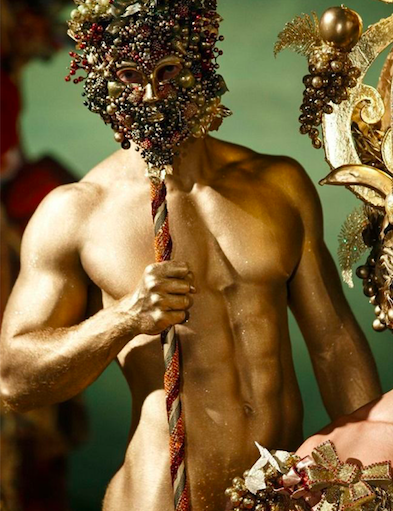


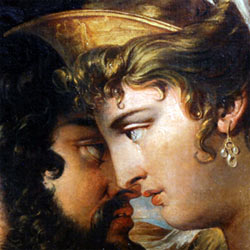


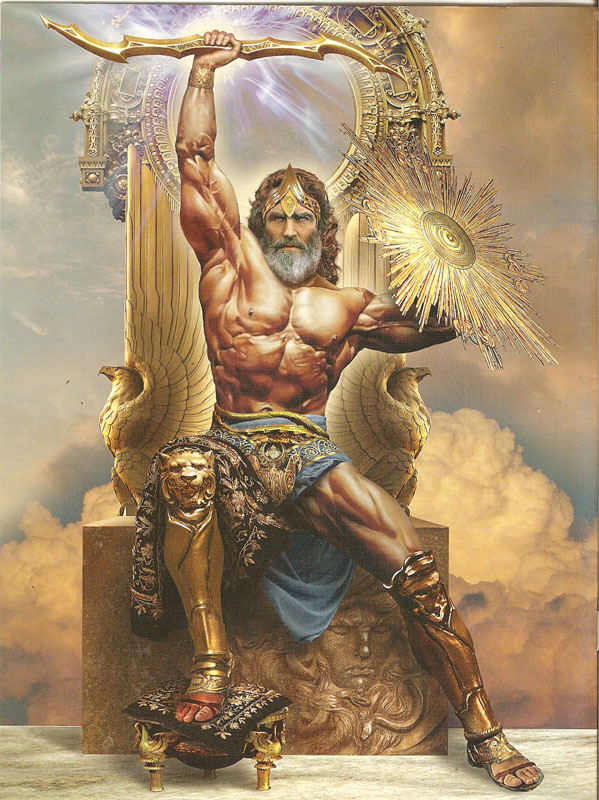

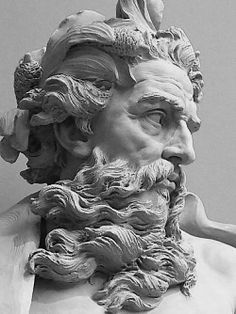

 Hermes. Greek god of many, many things. So many, in fact, it’s a wonder he had any time to himself at all. A free-spirited wanderer, Hermes was always traveling, and is said to have moved freely between the mortal and divine worlds often.
Hermes. Greek god of many, many things. So many, in fact, it’s a wonder he had any time to himself at all. A free-spirited wanderer, Hermes was always traveling, and is said to have moved freely between the mortal and divine worlds often.



 Sirens were a bit less curious and a lot more…intense. They lured sailors to their deaths. Usually by shipwreck, which meant drowning and all sorts of other watery unpleasantness.
Sirens were a bit less curious and a lot more…intense. They lured sailors to their deaths. Usually by shipwreck, which meant drowning and all sorts of other watery unpleasantness.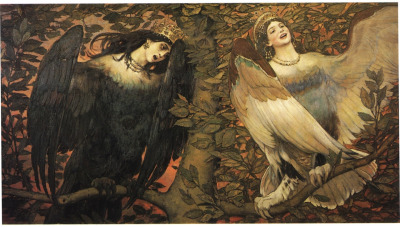
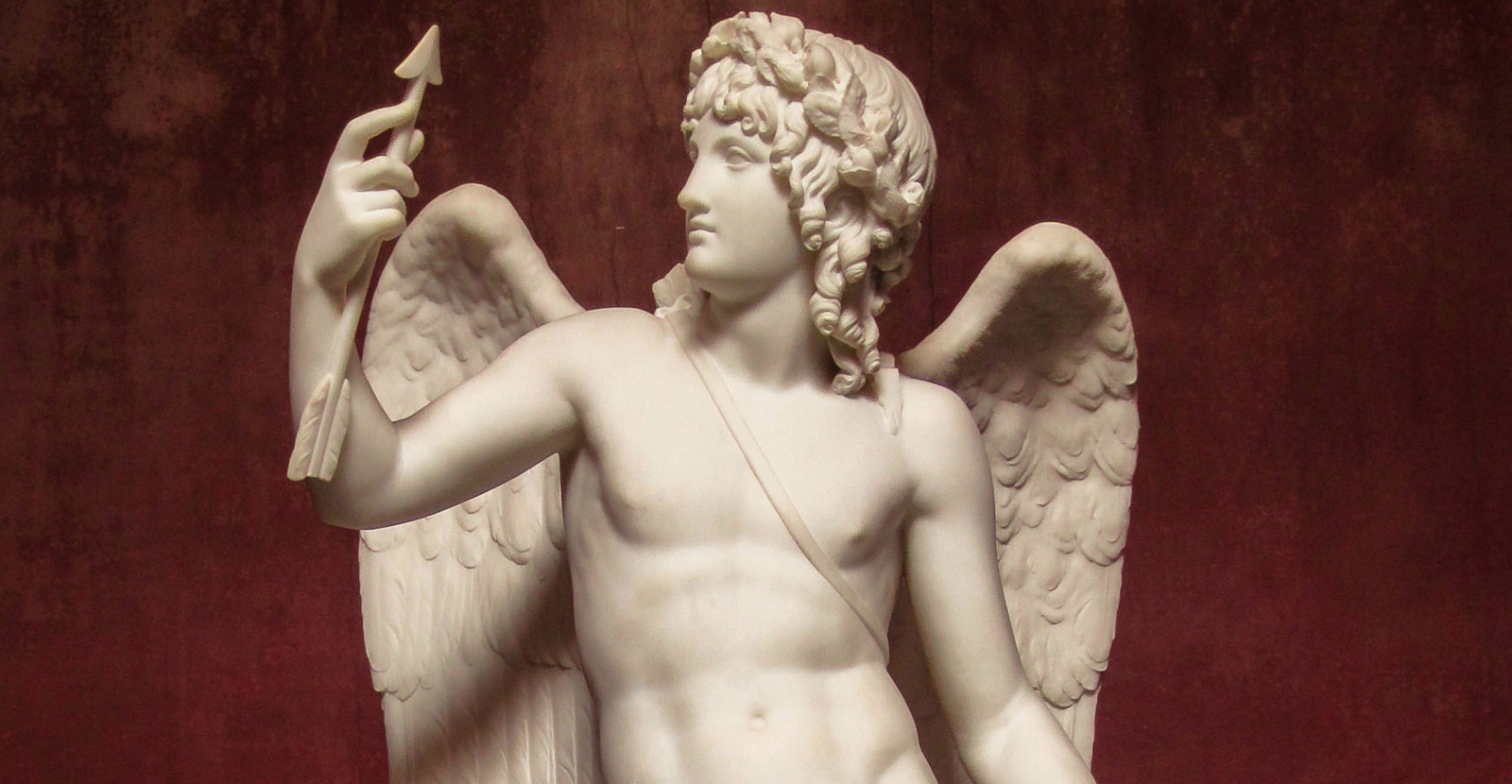
 Anyway, Eros was the god of passion, desire and attraction. All good qualities in a man, but what makes Eros my ultimate bb is his romantic side. His love story with Psyche is swoon times a thousand. It’s no wonder it’s been used as the basis of another great love story: The Beauty and the Beast.
Anyway, Eros was the god of passion, desire and attraction. All good qualities in a man, but what makes Eros my ultimate bb is his romantic side. His love story with Psyche is swoon times a thousand. It’s no wonder it’s been used as the basis of another great love story: The Beauty and the Beast.